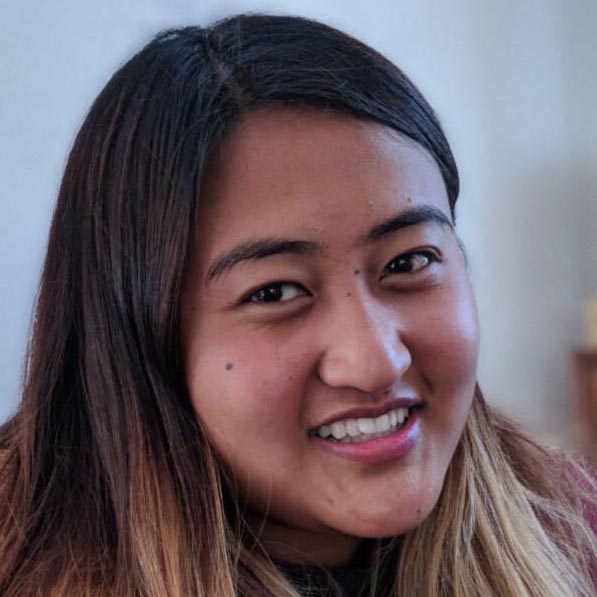Books
The power of women’s voices
Social science researcher Kailash Rai highlights the value of indigenous female writers and the need for books that convey their stories.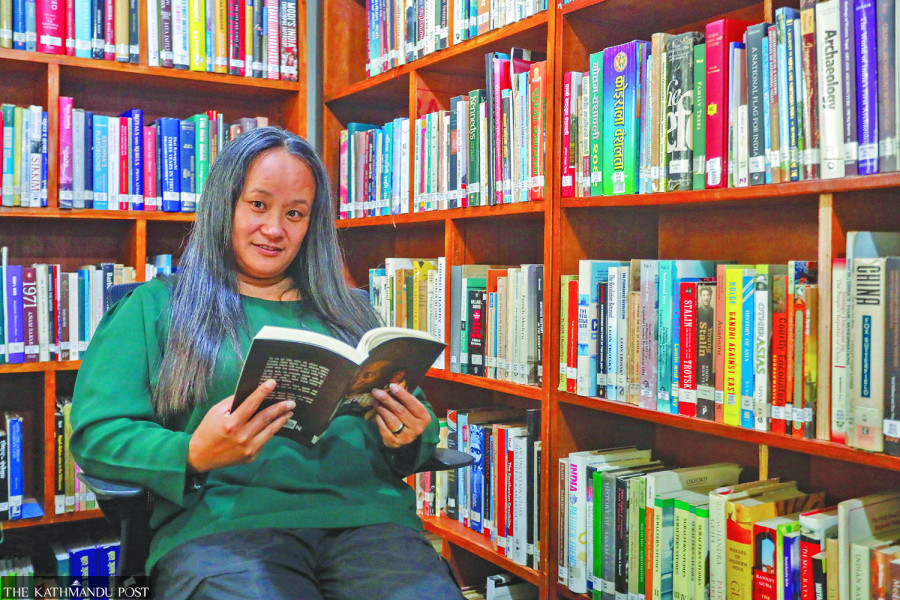
Apecksha Gurung
Known for her work as a social science researcher, writer Kailash Rai explores themes of gender, sexuality, social and gender justice, post-conflict politics, rights of minorities, and politics from an intersectional lens through her writing.
Out of the seven books she has published to date, two of them explore being a woman from an indigenous culture. As a proud feminist, Rai says she is working hard to combat patriarchal beliefs prevalent in our culture through her writing.
Rai highlights the value of indigenous female writers and the need for books that convey their stories in this interview with Apecksha Gurung of the Post.
When did you start reading? Which was your first book or the first book you remember loving?
I began reading when I moved to Kathmandu after SLC (now SEE). After joining Martin Chautari a couple of years later, I had access to more books than I could possibly have imagined before. So, I took full advantage of that and began devouring books. I also began reading Nepali literature.
Two books I read pretty early on, that I love to this day, are Pearl S Buck’s ‘The Good Earth’ and Dor Bahadur Bista’s ‘Sotala’. I read the Nepali translation of ‘The Good Earth’, which is called ‘Kalyani Dharti’.
What are you reading nowadays?
I read multiple books at the same time these days. A book I finished recently is Dr Nawaraj KC’s ‘Shunya ko Mulya’. Currently, I’m reading ‘Vagina: A New Biography’ by Naomi Wolf. The book explores sexuality from an intersectional perspective. I’m also reading ‘Braiding Sweetgrass’ by Robin Wall Kimmerer which is useful for my research on indigenous teachings and the environment.
How has your reading habit changed over the years?
Earlier on, I would read whatever was available. I wouldn’t focus on a specific genre or authors. I also wouldn’t think about what I read or why I’m reading. Once I started a book, the only goal I had was to finish it. I don’t regret reading in that way as I learned about a lot of topics during that time. However, these days, I am mindful about what I read.
I read a lot of novels these days. I mostly stick to books that help me with my work (as a researcher) or things I can relate to. I also read things to stay updated with happenings around the world.
Also, I don’t have the time to sit down and read every book I come across as before. So, I am a little picky with what I choose to read nowadays.
How has reading books helped you professionally?
Since I am a researcher by profession, I have accumulated a lot of knowledge through reading. It has also helped me hone my writing skills. As I read more and more books, I become more confident in my writing.
Reading has also made me understand perspectives of different communities and cultures across the world. It has helped me understand thoughts and philosophies that are very different to ones I believe in.
Which authors have inspired your own writing style?
Parijat’s works have influenced mine in many ways. Her writing is simple and straightforward but she manages to convey deep thoughts and feelings, and important topics through it.
Mohan Mainali is another writer whose writing style has influenced mine. He also writes in a straightforward manner. I find his works eloquent and clear. I constantly think I want to write like him. I also like American author Bell Hook’s writings for this very reason.
Similarly, political scientist Seira Tamang is another inspiration—especially when it comes to authors who write research based texts. Her writing reflects a thorough awareness of the world. It is rational and critical at the same time.
What do you think is the essence of being a female writer from an indigenous culture?
As a female author from an indigenous community, I can offer the literary community a distinctive viewpoint and voice—something that hasn’t been explored much. I draw from a rich cultural past and utilise that knowledge to produce investigative works that question conventional literary forms and subjects.
I think more indigenous writers should be celebrated to decolonise and deconstruct what we consider the norm in the literary scene. A majority of books convey Hindu, Brahmin and patriarchal narratives. So, it is important to dig out the unseen and unheard aspects of the indigenous communities to broaden and strengthen the democratisation of power play based on knowledge and information. This way we also fulfil the gaps in knowledge production with intersectoral and intersectional content.
What are some books by other indigenous female writers that you want to recommend?
I’m happy to see that the number of female indigenous writers is increasing every year. It is necessary for us to hear their stories and understand their perspectives.
One book I’d recommend everyone to read is Sheetal Kadambini Gurung’s recently released novel on Gurung culture ‘Sinka Pauru’. ‘Yambunera’, the short stories collection by Bina Theeng Tamang, and ‘Thangra’ by Pragati Rai, which depicts the plight of Dalit and Kirat communities, are two other books I consider must reads for all Nepalis.
Kailash Rai’s book recommendations:
Women in ‘New Nepal’: Through the Lens of Classed, Ethnic, and Gendered Peripheries
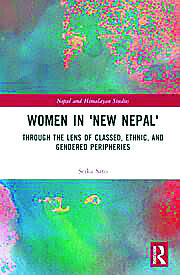
Author: Seika Sato
Year: 2023
Publisher: Routledge India
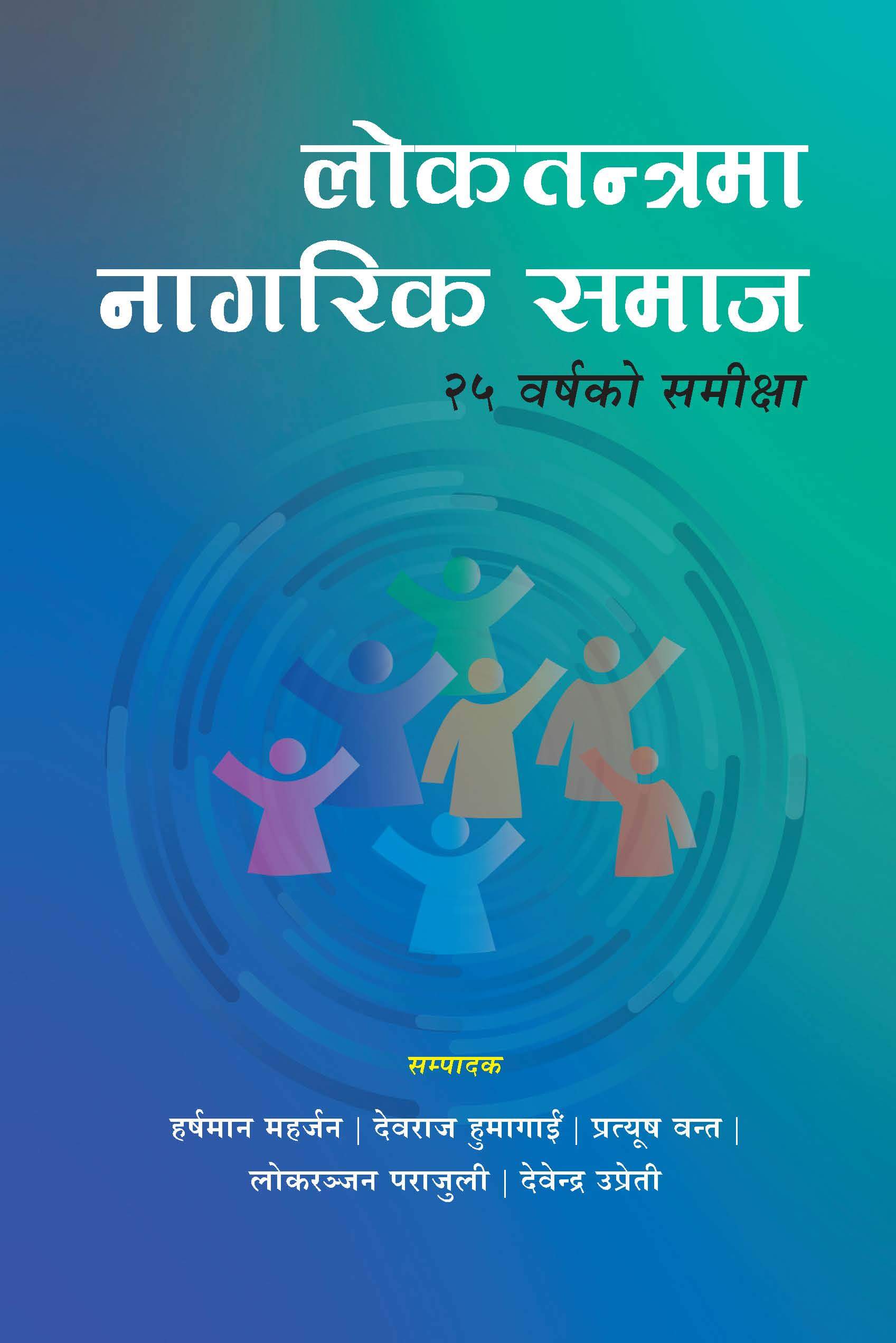
Editors: Harshaman Maharjan, Devraj Humagain, Pratyoush Onta, Lokranjan Parajuli, Devendra Upreti
Year: 2020
Publisher: Martin Chautari
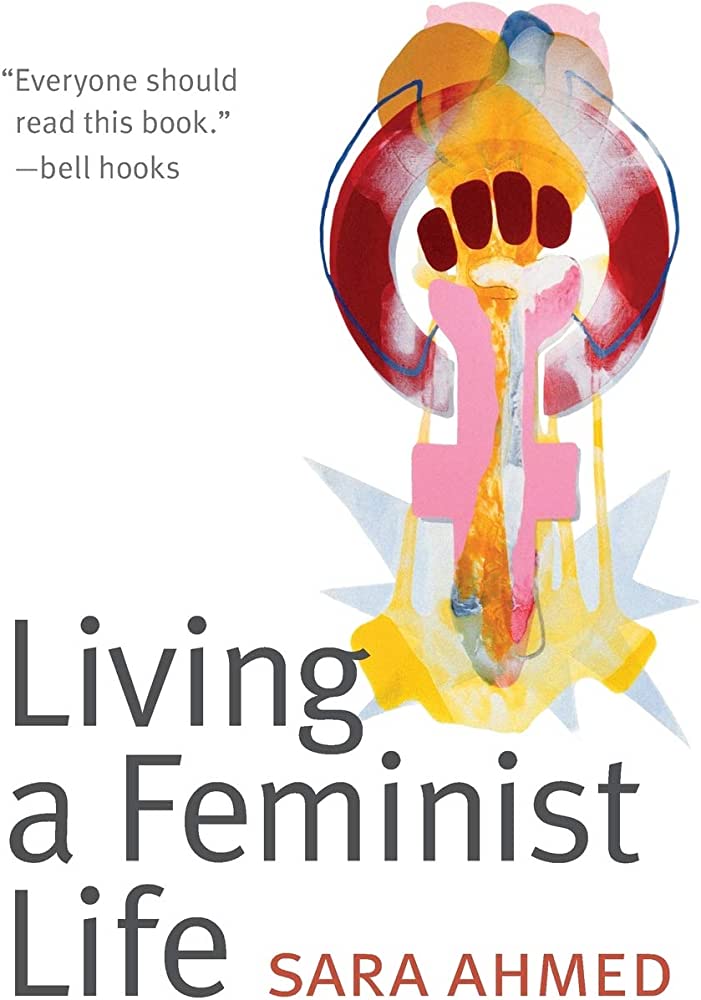
Author: Sara Ahmed
Year: 2017
Publisher: Duke University Press
Rupantaran ma Mahila
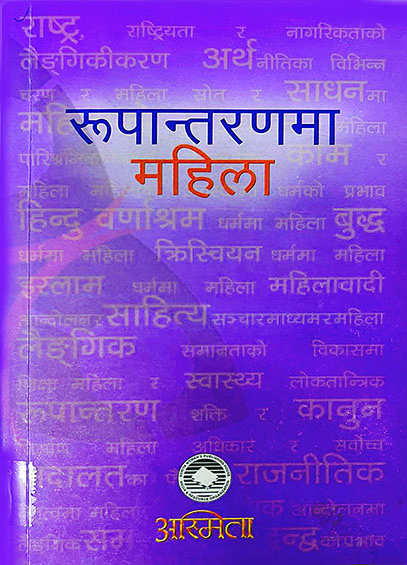
Year: 2016
Publisher: Asmita Mahila Prakashan Griha
Nepal ma Varnavyavastha ra Varga-Sangharsha
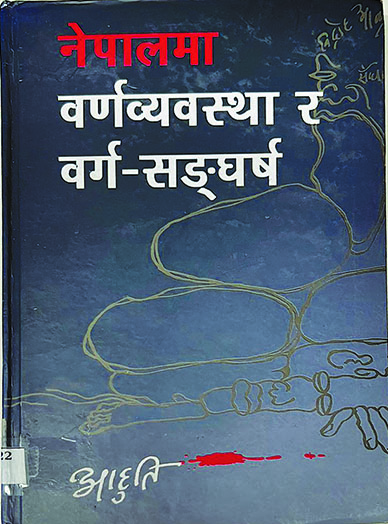
Author: Ahuti
Year: 2010
Publisher: Samata Foundation
Bishaya Bibidh
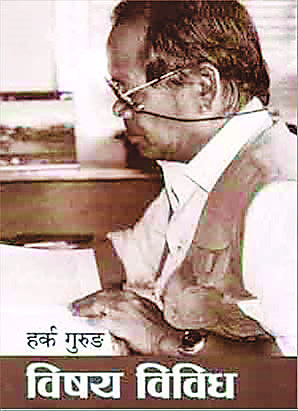
Author: Harka Gurung
Year: 2006
Publisher: Himal Books




 9.56°C Kathmandu
9.56°C Kathmandu